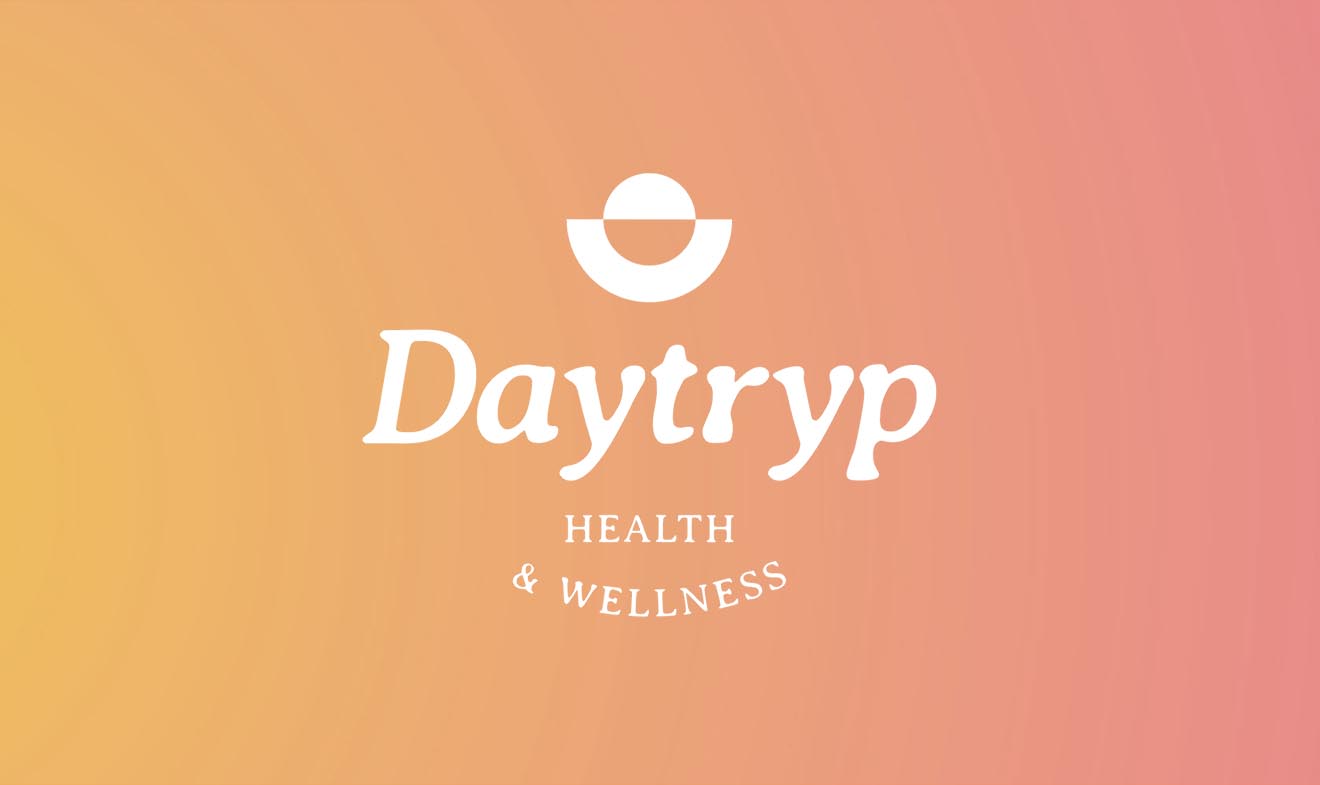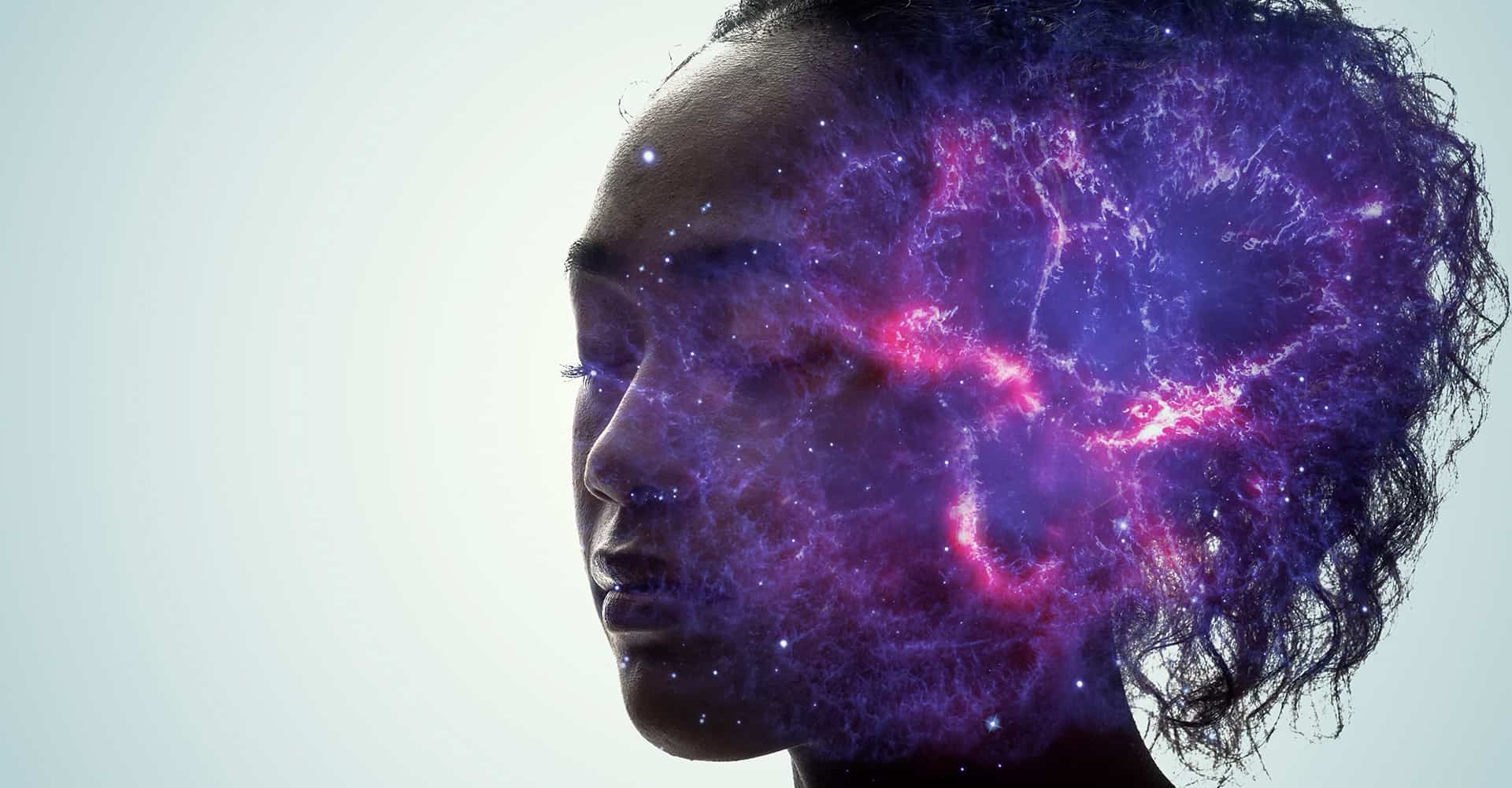Childhood trauma can leave lasting imprints on one’s mental and emotional well-being, often manifesting in various challenges later in life. Traditional therapeutic approaches have long been the primary means of addressing these issues, but emerging research suggests that unconventional methods, such as ketamine therapy, may offer a unique and effective avenue for processing childhood trauma. The potential benefits of ketamine in therapeutic settings and how it could provide a novel pathway to healing for patients processing their childhood experiences.
“In contrast to conventional antidepressants, ketamine could be more effective in TRD patients with more childhood trauma burden, perhaps due to ketamine’s proposed ability to block trauma-associated behavioral sensitization.” [O’Brien, 2019]
Understanding Childhood Trauma:
Childhood trauma encompasses a range of experiences, from neglect and abuse to witnessing violence or losing a loved one. These events can shape one’s worldview, impact relationships, and contribute to mental health disorders such as depression, anxiety, and post-traumatic stress disorder (PTSD).
Ketamine as a Therapeutic Tool:
Ketamine is commonly known as a dissociative anesthetic and has been used for decades in medical settings. In recent years, clinicians have explored its potential as a therapeutic tool for mental health conditions, including trauma-related disorders. Unlike traditional antidepressants, which may take weeks to show effects, ketamine can produce rapid and profound changes in mood and cognition.
How Ketamine Works:
Ketamine primarily acts on the glutamate system, one of the brain’s major neurotransmitter systems. It encourages the growth of new neural connections and promotes neural plasticity, facilitating the brain’s ability to adapt and reorganize itself. This unique mechanism of action makes ketamine a promising candidate for addressing trauma-related symptoms.
The Therapeutic Experience:
Ketamine therapy typically involves controlled and supervised administration of the drug in a therapeutic setting. Patients often report entering a dissociative state, where they feel detached from their usual thought patterns and emotions. This altered state of consciousness may allow individuals to explore and process traumatic memories with a greater sense of distance and perspective.
Benefits of Ketamine Therapy for Trauma Processing:
- Rapid Relief: Ketamine has shown promise in providing rapid relief from symptoms associated with trauma, offering a potential breakthrough for individuals who may have struggled with traditional therapeutic approaches.
- Enhanced Emotional Processing: The dissociative state induced by ketamine may facilitate the exploration of painful memories and emotions in a more detached and less overwhelming manner, allowing for enhanced emotional processing.
- Neuroplasticity and Healing: Ketamine’s impact on neuroplasticity can contribute to the formation of new neural pathways, potentially rewiring the brain and fostering healing from the effects of childhood trauma.
- Reduced Avoidance Behaviors: Individuals with trauma often engage in avoidance behaviors to cope with distressing memories. Ketamine therapy may help reduce avoidance tendencies, enabling patients to confront and process their trauma more effectively.
While ketamine therapy shows promise in the realm of trauma processing, it’s essential to approach it as one tool within a comprehensive treatment plan. Research in this field is ongoing, and not all aspects of ketamine’s therapeutic potential are fully understood. Individuals considering ketamine therapy should do so under the guidance of qualified and experienced mental health professionals who can tailor the approach to their specific needs. DayTryp’s care team is trained to provide patience-centered care that focuses on the individuals path to wellness. Our treatments are helping patients reduce their reliance on antidepressants and access deeper levels of healing by growing new neuronal connections in their own mind. Contact our patient care team to learn more about this treatment and see if it’s the right fit for you.
As we continue to explore innovative approaches to mental health, ketamine therapy stands out as a promising avenue for those seeking healing and resolution from the long-lasting impacts of childhood trauma.
References:
O’Brien, B., Lijffijt, M., Wells, A., Swann, A. C., & Mathew, S. J. (2019). The Impact of Childhood Maltreatment on Intravenous Ketamine Outcomes for Adult Patients with Treatment-Resistant Depression. Pharmaceuticals (Basel, Switzerland), 12(3), 133. https://doi.org/10.3390/ph12030133










 Daytryp Health has taken
Daytryp Health has taken  The
The 